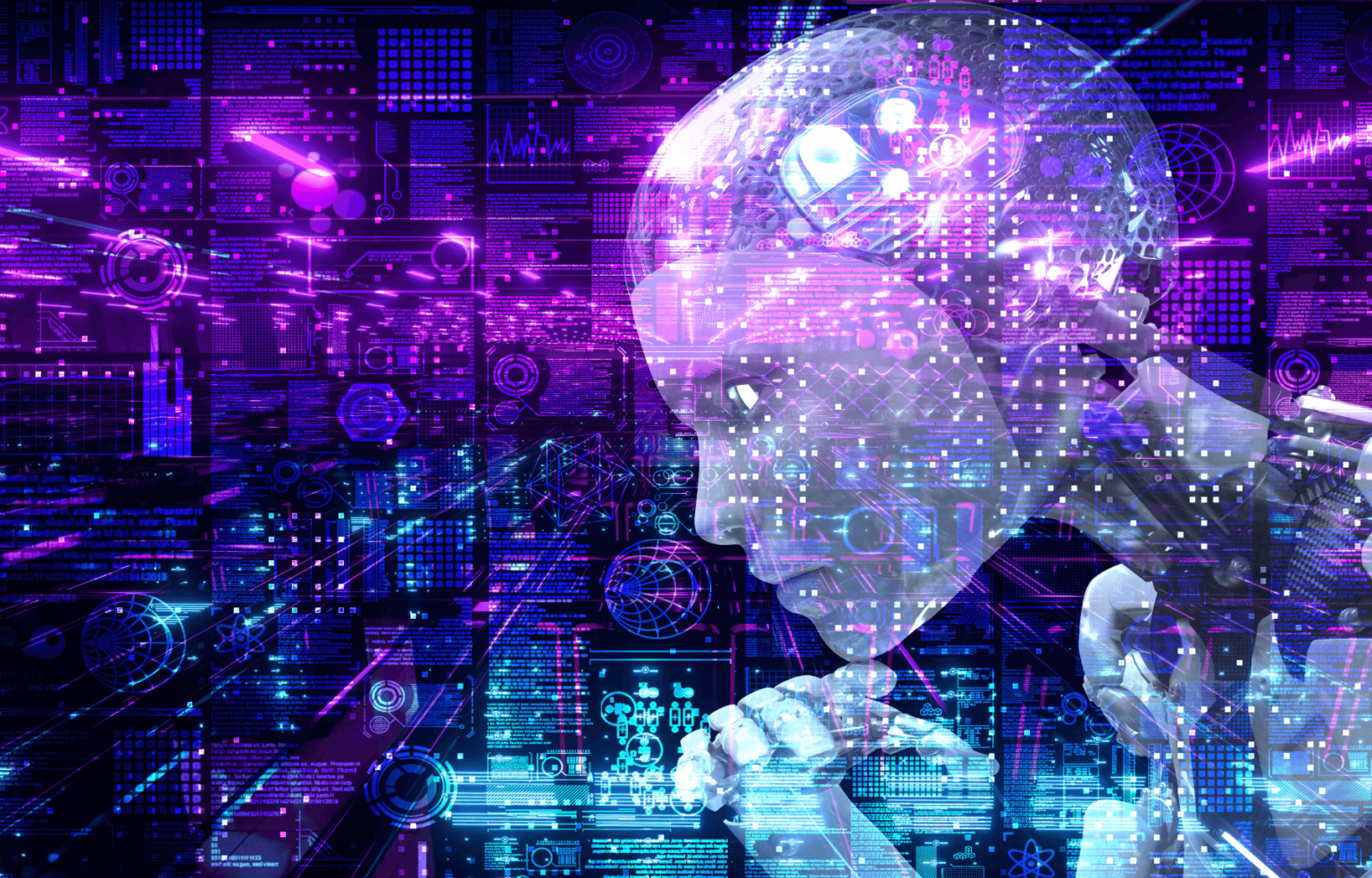What is AI?
Artificial Intelligence (AI) is a multidisciplinary field that focuses on developing intelligent systems that can perform tasks typically requiring human-like intelligence. It involves numerous aspects of computer science, mathematics, and cognitive science to create machines that can perform tasks autonomously, such as problem-solving, learning, planning, language understanding, facial and speech recognition, and decision-making.
In recent years, AI advancements have led to numerous real-world applications, such as self-driving cars, personalised online content recommendation, robotics, natural language processing applications (NLP), and healthcare diagnosis systems, to name a few. These developments are primarily due to innovations in machine learning, deep learning, and the availability of large-scale data (big data).
What is social media?
Social media is a multifaceted digital platform that enables individuals, communities, and organisations to create, share, and exchange content in various forms, such as text, images, videos, and more. It has emerged as a dominant form of online communication in the 21st century, transforming how people interact, engage in businesses, and consume information on a global scale. Some popular social media platforms include Facebook, Twitter, Instagram, LinkedIn, and YouTube.
Social media has undeniably revolutionised how humans communicate, interact, and stay informed, profoundly shaping our digital landscape. With technological advancements emerging constantly, it remains to be seen how social media will continue to evolve and redefine our modern era.
The impact of AI & how it is used in social media
Artificial Intelligence (AI) has become an inseparable part of the rapidly evolving digital realm, particularly in the context of social media. On the one hand, AI technologies have significantly improved and streamlined various aspects of social media platforms. Still, on the other hand, there are concerns over potential ethical, privacy, and psychological implications.
With the exponential growth of data produced daily on social media, AI emerges as a double-edged sword that offers sophisticated and valuable insights to businesses and users while at the same time raising novel challenges.
On the positive side, AI can enhance the overall user experience on social media platforms by personalising content, optimising ad targeting, and improving customer support. With the help of machine learning algorithms and natural language processing, AI engines analyse users’ behaviour patterns and preferences, enabling tailored content delivery and enhancing user engagement.
Moreover, AI-driven chatbots and virtual assistants transform customer support by providing instant, efficient, and personalised solutions round-the-clock.
However, the increased reliance on AI in social media also brings forth concerns regarding data privacy and surveillance. While AI-driven personalisation can simplify one’s social media experience, it often relies on collecting and analysing vast amounts of personal data. This raises concerns about user privacy and the potential misuse of data by external entities or malicious actors. Furthermore, automated systems on social media platforms may employ biased algorithms, reinforcing stereotypes and preferential treatment of certain groups.
Another pertinent issue is the role of AI in the spread of misinformation and the shaping of public opinion. The proliferation of social media has given birth to the alarming phenomenon of “deep fakes”, which employ AI to create realistic but entirely manipulative visual or audio content. This has severe implications for the credibility of information and the public’s trust in media, posing a challenge to democracy. Additionally, the echo chamber effect, facilitated by AI algorithms, narrows down the diversity of perspectives to which users are exposed, fuelling polarisation and hampering constructive dialogues on social platforms.
The potential psychological impact of AI-enhanced social media must be considered too. With AI-driven algorithms designed to maximise engagement, users may be encouraged to spend an unhealthy amount of time on social media, leading to addiction and negative consequences for mental health, particularly among younger users. Social comparison and constant pressure to meet specific standards, fuelled by AI-curated feeds, may further exacerbate this issue.
In conclusion, AI’s role in social media presents a complex array of pros and cons, necessitating a well-reasoned and balanced approach. Harnessing AI’s potential to enrich the social media experience calls for a strong collaboration between technology developers, platform providers, regulators, and users, ensuring transparency, public good, and ethical practices in this rapidly evolving digital sphere. We can create a more informed, connected, and responsible digital society by addressing the multifaceted challenges and maximising the beneficial aspects of AI in social media.










